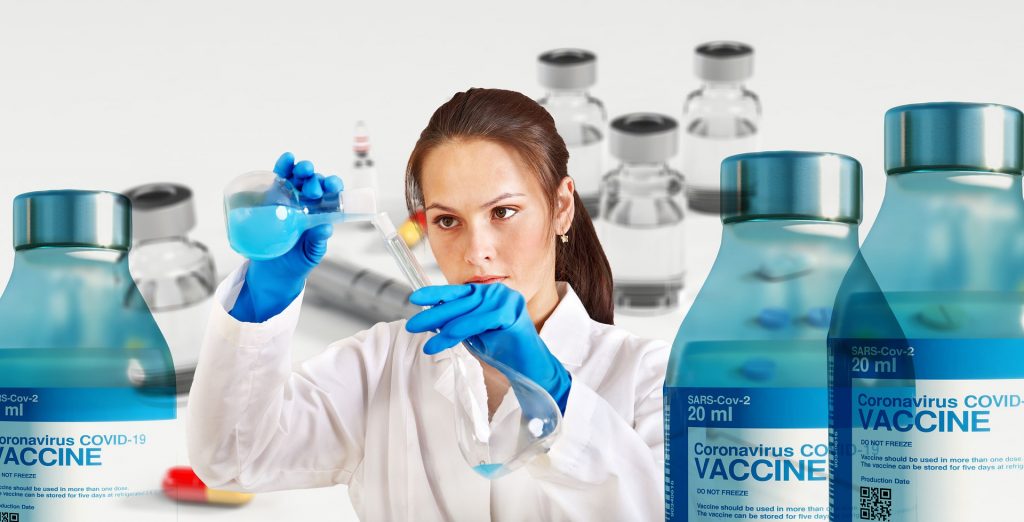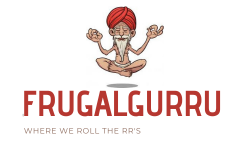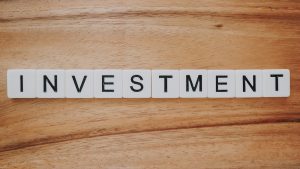Pharmaceutical companies and vaccine developers are increasing their sales
The European Union has already spent two billion euros on vaccines against the rampant coronavirus. Whether BioNTech / Pfizer, Moderna, or AstraZeneca – all of these pharmaceutical companies can expect high profits. However, it is not yet possible to say whether the business will pay off in the long term. After all: investors can take a closer look at the shares of one or the other group.
Not too much is currently known about what manufacturers are making from the vaccines. How high are the production costs?, especially for the new vaccines with so-called messenger RNA? how strong the cold chain – the BioNTech / Pfizer cans have to be stored at minus 70 degrees Celsius – makes a price noticeable, what the logistics costs – there are many imponderables. Ever since a Belgian State Secretary accidentally tweeted her, the sums that the EU paid for one dose of the vaccine have been known: 18 US dollars (around 14.80 euros) for Moderna, 12 euros for Pfizer, and 10 euros for the one from CureVac.

Sales explode
Hardly anyone knows how much revenue ultimately remains with the providers. However, analysts expect, for example, BioNTech from Mainz to generate sales of 2.5 billion euros this year; In 2020 it should have been just under a fifth of that. The situation is similar at Moderna. The manufacturer could bring it to a business volume of more than nine billion dollars in 2021. In 2019 sales were still at 48 million dollars.
But whether it will stay with the lush sales volumes? Several companies recently reported supply bottlenecks. And Pfizer recently turned the supposed coup of various European countries, which drew six instead of the five vaccine doses previously permitted from an ampoule. As a result, the Americans reduced the delivery volume, since the number of orders “is based on a total number of cans and not of ampoules”.
Partly lush reviews
Investors who want to ride the wave of vaccinations should be aware of this: If the pandemic ends, at least part of the business will collapse. This affects the big players in the industry less than smaller companies. In addition, many companies are already rated quite lavishly. At BioNTech, for example, the low price-earnings ratio can also be explained by the fact that the Mainz-based company will probably only become profitable this year. The owners, including the twin billionaires Andreas and Thomas Strüngmann (formerly Hexal), have proud plans: According to them, BioNTech should develop into an “independent, fully integrated pharmaceutical company” over the next few years.
Moderna had a sensational stock market performance in 2020. But so far the company from Cambridge in the US state of Massachusetts has shown one thing above all: loss. With the approval of your corona vaccine in the United States and Europe and in cooperation with the Swiss pharmaceutical giant Lonza, nothing stands in the way of successful marketing. As long as this works well, shareholders can also look to the future with confidence. As with all stocks that are quoted in foreign currencies, you should keep an eye on the exchange rate risk as well as the general exchange rate risk.
Strong partners
Even smaller and younger than Moderna is the Dutch company CureVac, which is actually in Tübingen. The company’s product pipeline includes drugs and vaccines based on the messenger molecule mRNA. This benefited CureVac 2020, which is also the year of the IPO. CureVac also needs a strong partner to meet the global demand for the Covid vaccine. Most recently, there has been close cooperation with the German Bayer AG. The turnover, which was given for 2019 at a good 17 million euros, can shoot up in 2021.
The prices of the smaller vaccine providers mainly benefit from the hunted by many investors for the fast euro. The corporations, for which the vaccines only make up a small part of the overall business, are moving significantly less. Also in view of the unclear state of the global economy – it is evident that stocks react quite volatile to the news. Therefore, these papers are more suitable for investors with a longer horizon.
Profits with ampoules
Other companies have also taken part in large-scale immunization campaigns, but they are not on the course lists. Example: Schott AG. The glass specialist from Mainz wants to deliver two billion empty ampoules by the end of the year. Schott is thus particularly flexible in the crisis. Sales and profits increase, but investors cannot join.




